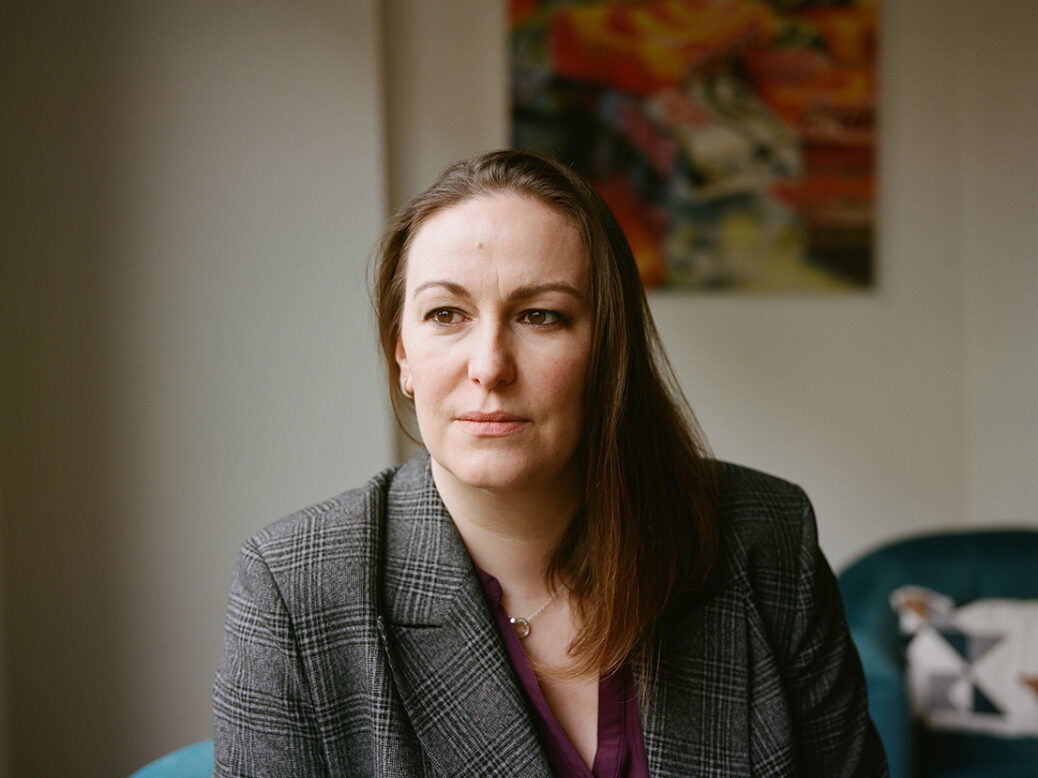
In 2018, Natalie Sutherland lost a pregnancy, and very nearly her life. It started out as what she called a “textbook miscarriage”: at her first scan in April of that year, at 12 weeks, she was told her baby had no heartbeat, and was sent away to wait for her body to expel it. A few weeks later, when nothing had happened, she had surgery, but by August, pregnancy tests were still positive. In September, she haemorrhaged twice. The second time she almost died: four pints of blood were transfused. When she came to, nurses said they had had a crash team ready.
As she cradled a cup of tea at a trendy bar in the City more than three years later, the memory of the loss was still visibly raw. Sutherland’s eyes shone as she told me the story: of her daughter, then two, having to find her phone so she could call an ambulance as she lay bleeding on the bathroom floor; of the subsequent, painful, decision to stop trying for another baby. Putting herself through that again “is terrifying,” she said.



